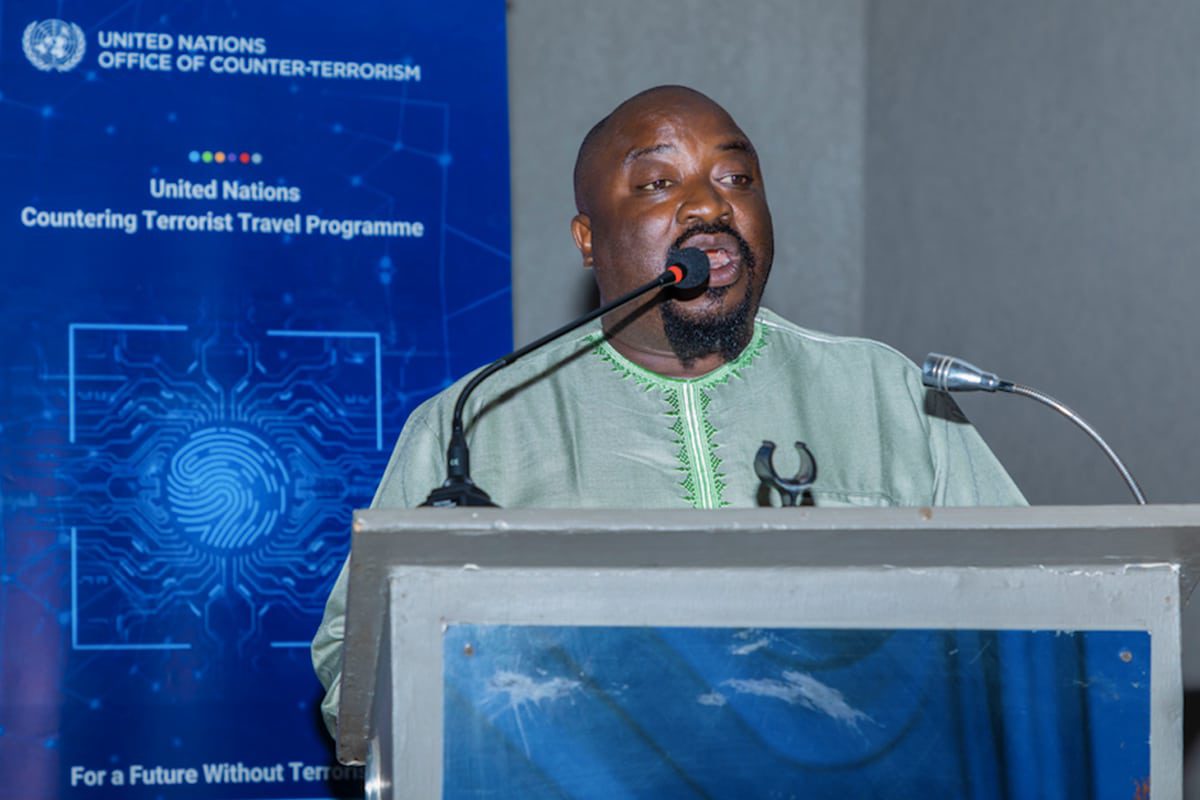Let go
Note the following statements about some prominent religious leaders and the war in Ukraine:
• “The head of the Russian Orthodox Church, Patriarch Kirill, did not say a word against Russia’s aggression. … His church’s systematic propaganda against Ukraine serves as Putin’s justification for the war. “(EUobserver, 7 March 2022)
• “Patriarch Kirill … made his strongest statement so far, justifying his country’s invasion of Ukraine. In this way, he described the conflict as part of the fight against sin. “(AP News, March 8, 2022)
• “On Monday, the leader of the Orthodox Church in Ukraine, Metropolitan Epiphanius of Kiev, blessed his people ‘in the fight against the Russian occupiers’ …” [He] also said that killing Russian soldiers was not a sin. “(Jerusalem Post, March 16) 2022)
• “We [the All-Ukrainian Council of Churches and Religious Organizations (VSCIRO) – This council includes 15 churches, including the Orthodox, Greek and Roman Catholic, Protestant and Evangelical Churches, as well as Jewish and Muslim organizations.] Support the armed forces of Ukraine and all its defenders, we bless their efforts to defend Ukraine from the invaders, and we pray for them. ”(Speech by VSCIRO, February 24, 2022)
What do you think? Is it right for religions that claim to follow Jesus Christ to encourage their members to fight? What does the Bible say?
The participation of religion in wars throughout history
History has shown that religion has often endorsed, justified, and even incited war, while claiming to contribute to peace. Jehovah’s Witnesses have been exposing this religious hypocrisy for decades. Take a look at some of the examples given in our publications.
• The article “The Crusades – A Tragic Illusion” shows how the Roman Catholic Church was responsible for the bloodshed in the name of God and Christ.
• The article “The Catholic Church in Africa” gives an example of how religion has failed to stop inter-tribal conflicts, even genocide.
• The articles “Is Religion to Blame?”, “Religion’s Role in Man’s Wars” and “Religion Takes Sides” explain how the clergy of the Catholic, Orthodox and Protestant Churches supported both sides in many wars.
Is it right for Christian religions to support wars?
Jesus taught, “Love your neighbor as yourself.” (Matthew 22:39) “Love your enemies.” (Matthew 5: 44-47)
Think: Can a religion claim to keep Jesus’ commandments of love, and at the same time encourage its supporters to kill others in war? See the answer in the articles “True Christians and War” and “Is it possible to love our enemies?”.
Jesus taught, “My kingdom is not part of this world. If my kingdom were part of this world, my servants would fight so that I would not be betrayed. ”(John 18:36)“ All who draw the sword will perish by the sword. ”(Matthew 26: 47-52)
Think about it: If Christians shouldn’t even fight to protect Jesus, should they take up arms today for any other reason? Read the article “Is War Compatible with Christianity?” To understand how the early Christians faithfully followed Jesus and followed his teachings.
What will happen to religions that support wars?
The Bible teaches that God rejects religions that claim to represent Jesus but do not follow his teachings. (Matthew 7: 21-23; Titus 1:16)
• The book of Revelation shows that God holds such religions responsible for the deaths of “all who were slain on earth.” (Revelation 18:21, 24) To understand why, read “What is Babylon the Great?”
• Jesus pointed out that all religions rejected by God will be destroyed because of their evil deeds, just as a rotten tree that bears rotten fruit is “cut down and thrown into the fire.” (Matthew 7: 15-20) Read the article “The End of False Religion Is Near!” To learn how this will happen.
Jehovah’s Witnesses are different
In Russia and Ukraine, as in the rest of the world, Jehovah’s Witnesses keep Jesus’ commandments to remain politically neutral and not to engage in war. For this reason, we do not support or participate in this or any other military conflict. Some Witnesses have been persecuted for their determination to adhere to their Bible-based beliefs. (John 15:19, 20; 2 Timothy 3:12) For example, the authorities in Russia imprisoned many of Jehovah’s Witnesses and even tortured some. In addition, our places of worship were confiscated. For more information see www.jw-russia.org.
• Watch the 4-minute video “Jehovah’s Witnesses in Irkutsk Remain Faithful to Searches and Harassment” to see how Jehovah’s Witnesses in Russia are persecuted for their faith.
• Jehovah’s Witnesses have long been known for their neutrality. Watch the video “Tough in Trial” to see how they remained neutral despite the enormous persecution in Nazi Germany and the former Soviet Union.














